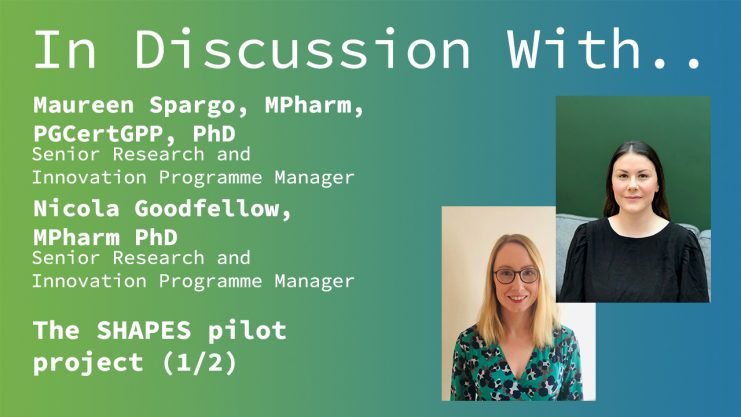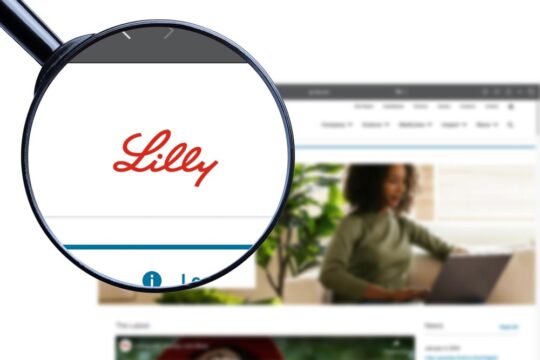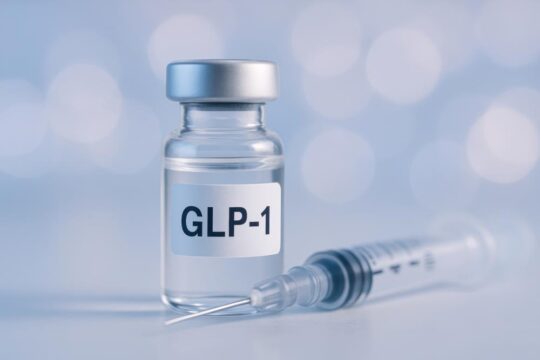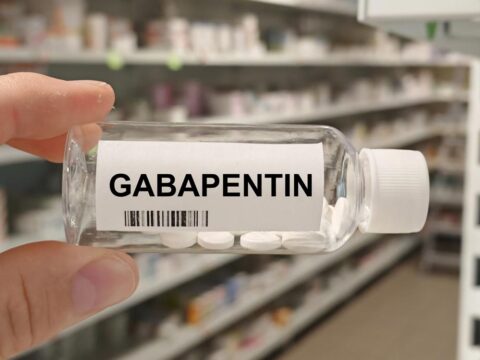Advertisment
The SHAPES pilot project

Interview and article written by Christine Clark
With advancing age many people now look forward to a future in which digital solutions will support effective self-management and independent living.
IMI interviewed Maureen Spargo and Nicola Goodfellow to find out more about SHAPES, a pan-European digital healthcare project.
Both are Senior Researcher and Programme Managers in the Medicines’ Optimisation and Innovation Centre (MOIC), a regional centre in Northern Ireland that is dedicated to improving health outcomes by initiating, developing and sharing beast practice in relation to medicines’ use. Each is responsible for managing a portfolio of research, service development and audit projects to support the work of MOIC. Through their work they collaborate with partners across Europe and throughout the world to share, learn and engage with best practices and bring innovations back to Northern Ireland.
SHAPES stands for Smart and Healthy Ageing through People Engaging in Supportive Systems and is part of the EU Horizon 2020 Funding Programme. SHAPES is exploring how technology enables the older population to live healthy lives for longer at home. The aim is to create a central technology platform from which many partner organisations across Europe can contribute to or deploy a range of practical and reliable digital solutions supporting people’s health and care needs. “From the perspective of caring for older people with multiple health conditions having access to digital products that have been developed specifically to improve medicines’ use and safety from within people’s own homes is hugely beneficial and can help shape how multi-morbidity can be managed in an increasingly digital society”, says Dr Spargo..
The pilot campaign will establish the feasibility of implementing this type of platform in different health care settings across Europe. It will provide insights as to how the platform could fit into diff aspects of service-users lives. Within this project there are seven pilot themes investigating the various potential uses for the platform – they include (1) smart living environment for healthy ageing at home; (2) improving in-home and community-based care; (3) medicines control and optimisation; (4) psycho-social and cognitive stimulation promoting wellbeing; (5) caring for older individuals with neurodegenerative diseases; (6) physical rehabilitation at home; and (7) cross-border health data exchange. Within each pilot theme, selected digital solutions will be adapted, integrated, deployed and evaluated in different real-life circumstances, Dr Goodfellow explains.
“A ‘use case’ is a specific situation in which the product or service could potentially be used within SHAPES and we have a number of different ‘use cases’ that are being piloted to investigate the different ways in which the SHAPES platform could benefit these users”, she adds.
The role of the Medicines Optimisation and Innovation Centre (MOIC) is leading the pilot concerned with medicines’ control and optimisation. This is focused on identifying, managing and improving deficiencies in adherence to treatment in older individuals, who are living in their own homes, but with reduced functions or capabilities due to chronic age-related illness.
“We are also piloting a specific ‘use case’ within the pilot theme in which the SHAPES platform and selected digital solutions will be deployed to a target population composed of people aged 65 years and older, who are living at home with heart failure and diabetes. So the selected digital solutions will be used to monitor participants’ health conditions remotely. This largely takes the form of the participants measuring their own clinical parameters, for example, heart rate, blood pressure and blood glucose using a blue tooth-enable device that synchronises with a patient-held app. That data is then shared securely with a health care practitioner and any changes in a participant’s health status can then be identified early and managed appropriately”, explains Dr Spargo. In addition, sophisticated data analytics or artificial intelligence will enable health care practitioners to provide “a really highly personalised service to patients, such as offering recommendations and reminders to improve adherence and optimise medicines’ use”, she says.
Other benefits from artificial intelligence are also anticipated. “We are working with our technical partners to develop a risk prediction tool which will help us identify participants who might be at higher risk of heart failure decompensation episode – by identifying these higher risk individuals we may be able to intervene to optimise medication use and hopefully prevent worsening symptoms from occurring”, says Dr Goodfellow.
Read and watch the full series on our website or on YouTube.





